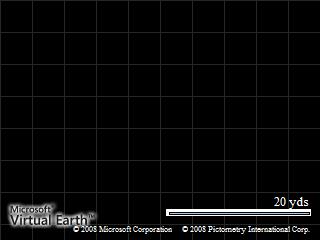Update on LINQ to SQL and LINQ to Entities Roadmap [ 关注 ]
Since the release of LINQ to SQL and the Entity Framework, many questions have been raised about the future plans for the technologies and how they will relate to each other long term.
During this week of PDC we are now at a point, with the announcement of Visual Studio 10 and the .NET Framework 4.0, that we can provide more clarity on our direction.
We have seen great momentum with LINQ in the last year. In .NET Framework 3.5 we released several LINQ providers, including LINQ to SQL which set the bar for a great programming model with LINQ over relational databases. In .NET 3.5 SP1, we followed up that investment with the Entity Framework enabling developers to build more advanced scenarios and to use LINQ against any database including SQL Server, Oracle, DB2, MySQL, etc.
We’re making significant investments in the Entity Framework such that as of .NET 4.0 the Entity Framework will be our recommended data access solution for LINQ to relational scenarios. We are listening to customers regarding LINQ to SQL and will continue to evolve the product based on feedback we receive from the community as well.
Tim Mallalieu
Program Manager, LINQ to SQL and Entity Framework
自从LINQ to SQL和Entity Framework 发布之后,关于这两项技术将来的计划以及相关关系有很多疑问。
在本周PDC会议期间,随着Visual Studio 10 和.NET Framework 4.0 的公布,现在,我们在产品路线上提供更清楚的阐述。
去年,我们已经注意到了LINQ的巨大动力。在.NET Framework 3.5,我们发布了一些 LINQ providers,包括LINQ to SQL,它实现了LINQ基于关系数据库很好的编程模型。在.NET 3.5 SP1,我们进一步开发了Entity Framework,允许开发人员创建更先进的方案和使用对数据库使用LINQ技术,包括SQL Server、Oracle、DB2、MySql等等。
在.NET 4.0,我们将对Entity Framework 做出显著的投入,推荐Entity Framework 作为LINQ对关系数据库的数据访问解决方案。同时,我们正在倾听用户对LINQ to SQL的意见,同时基于来自社区的想法,继续发展LINQ to SQL。




